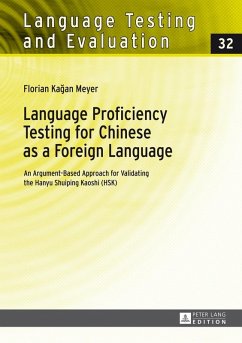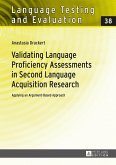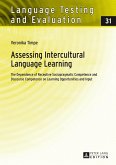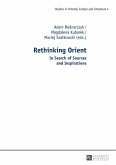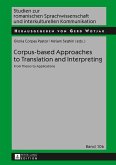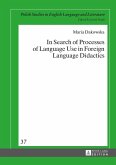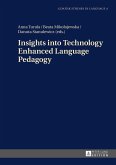How did the (old) Hanyu Shuiping Kaoshi (HSK) assess the Chinese proficiency of non-native speakers of Chinese? What inferences can be derived from HSK test taker scores, especially from Western test takers? How difficult is it to learn Chinese according to the HSK? Thirty years of research have been synthesized into an argument-based approach for validating the most widespread test for Chinese as a foreign language. In addition, the author has analyzed the scores of a sample of over 250 German test takers in order to investigate how many hours German natives needed on average to study for reaching a specific HSK level. This work also extensively discusses validation theory for psychological testing, and it demonstrates how to put an argument-based approach to validation into practice.
Dieser Download kann aus rechtlichen Gründen nur mit Rechnungsadresse in A, B, BG, CY, CZ, D, DK, EW, E, FIN, F, GR, HR, H, IRL, I, LT, L, LR, M, NL, PL, P, R, S, SLO, SK ausgeliefert werden.

